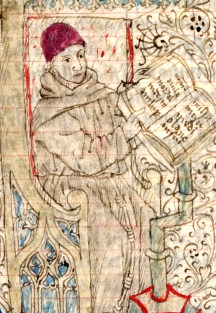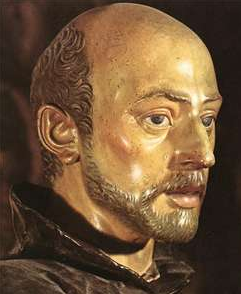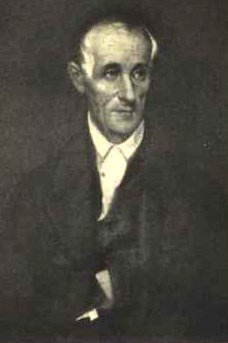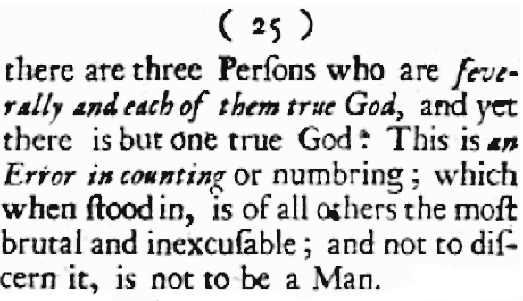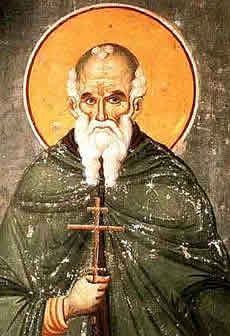Daniel Waterland on “The Father is the only God” texts – Part 1
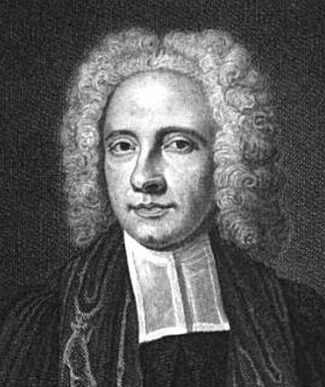
Daniel Waterland (1683-1740) was by all accounts the most important disputant of Samuel Clarke about the Trinity.
Waterland spent his career at Cambridge, where he rose through the ranks, eventually becoming Vice-Chancellor, and also serving as a Chaplain to the King, and as an Anglican clergyman in a number of cities.
He had a good reputation, and was an energetic, but normally cool-headed controversial/polemical writer (aganist Clarke, and other other theological topics, against other respected men), and he gained somewhat of a reputation in Anglican circles as a defender of catholic orthodoxy.
Many, including himself, contemplating his becoming a bishop, but in 1740 he died after complications, seemingly, from surgeries on an ingrown toenail in one of his big toes! He was survived by his wife of 21 years. (His only children were his books.)
I’d describe Waterland’s views on the Trinity as social, with a liberal dose of negative mysterianism. Like Clarke, he insists that his is the ancient catholic view, and much of the dispute concerns pre-Nicene fathers. Like Clarke, he wants to stick to those fathers and to the Bible, and takes a dim view of medieval theology.
About the pre-Nicene catholic “fathers,” I’d say both Clarke and Waterland somewhat bend the material to their own ends (I mean, they tend to see those authors as supporting their view, and being perhaps more uniform than they were), but I think Waterland bends the materials more. In his view, catholics had always believed the Three to be “consubstantial” in a generic sense, yet which, somehow, together with their differences of origin, makes them but one god. Like Swinburne and Clarke, he agrees that the Father is uniquely the “font of divinity.” He continually hammers Clarke with the claim that there’s no middle ground between the one Creator and all creatures.
In this series, I’ll examine the way he deals with some favorite unitarian proof-texts, which, unitarians think plainly assert the numerical identity of the Father with the one true God, Yahweh. According to Waterland, these unitarians are making a mistake like the one I made.
You [i.e. Clarke] next cite John 17:3, 1 Cor. 8:6, Eph. 4:6, to prove, that the Father is sometimes styled the only true God; which is all that they prove. Read More »Daniel Waterland on “The Father is the only God” texts – Part 1
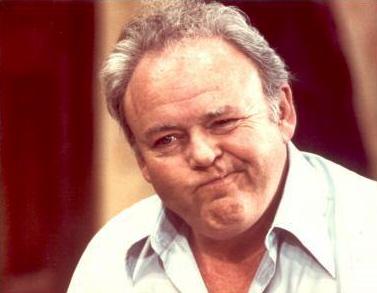

 Were there any “biblical unitarians”, or what I call humanitarian unitarians in the early church?
Were there any “biblical unitarians”, or what I call humanitarian unitarians in the early church?